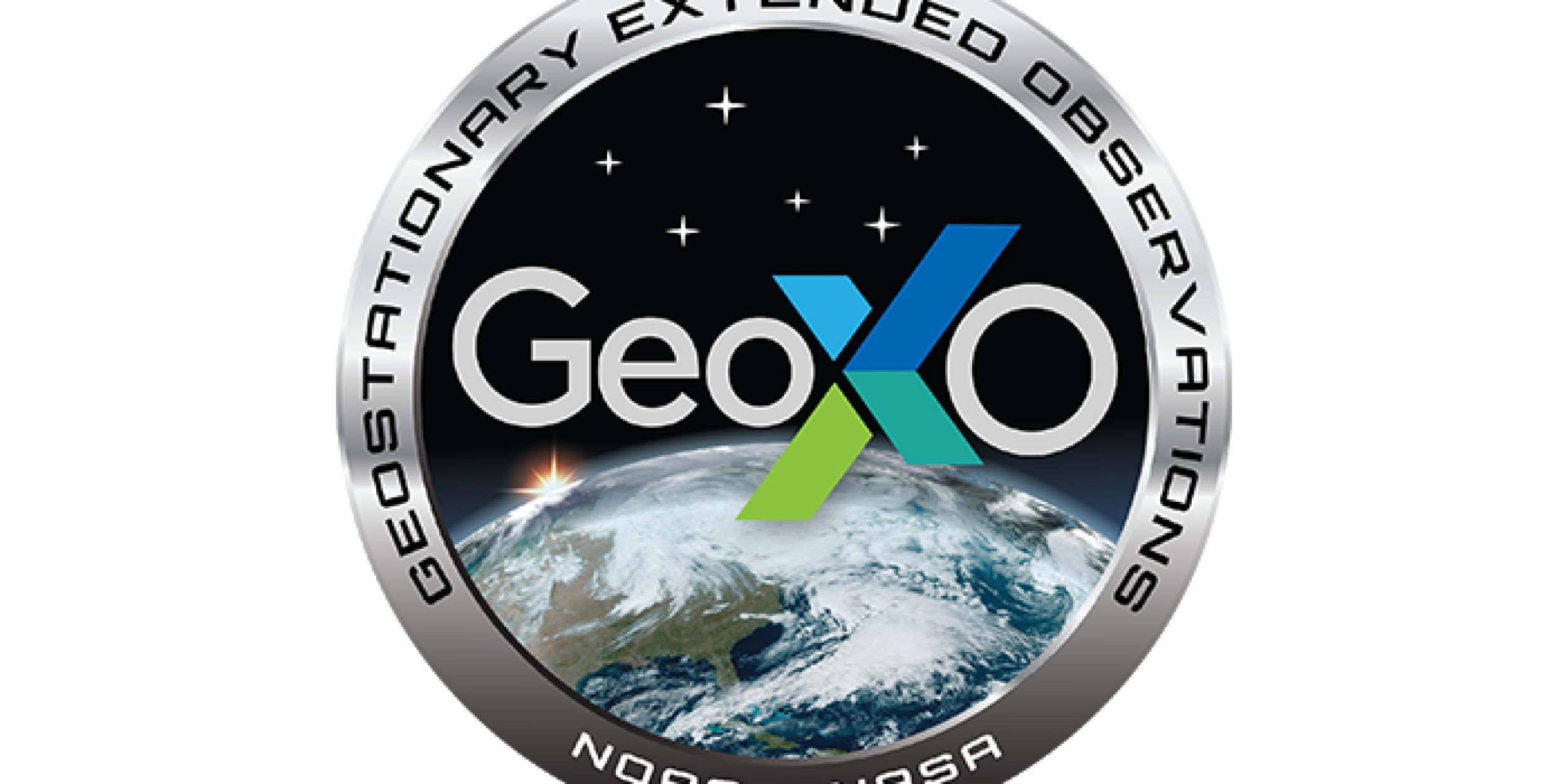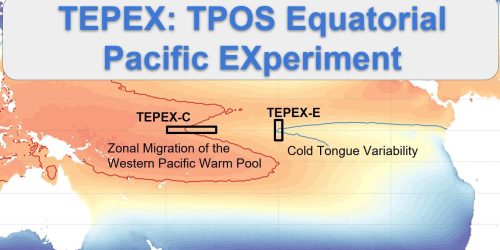The first meeting to facilitate coordination and long-term planning of the Atmospheric Composition Instrument (ACX) will take place in College Park, MD on May 7-9, 2024. ACX is planned to launch with NOAA’s Geostationary Extended Observations (GeoXO) satellite mission in the 2030s, as a follow-on to NOAA’s current GOES-R series. The ACX instrument will provide valuable hourly space-borne observations on air pollutants from transportation, power generation, industry, oil and gas extraction, volcanoes, and wildfires across North America, supporting climate and air quality research and mitigation. The 3-day meeting will take place at the Center for Weather and Climate Prediction in College Park, MD, and will bring together key science leaders, policymakers, agency partners, users, and stakeholders. This meeting offers a valuable opportunity for collaboration among the ACX science team, users, and stakeholders. The meeting’s sessions will include an opening sequence discussing the policy relevance of NOAA satellite missions, briefings on other GeoXO instruments like GXI (Imager) and GXS (hyper-spectral sounder), and hands-on training sessions for stakeholders using TEMPO (Tropospheric Emissions: Monitoring of Pollution) data as a proxy for ACX.
The organization of the meeting is overseen by the ACX leadership team, comprising ACX User Scientist Greg Frost from NOAA’s Chemical Sciences Laboratory and CPO, ACX Product Lead Shobha Kondragunta from the NESDIS Center for Satellite Applications & Research (STAR), and Joanna Joiner from NASA Goddard Space Flight Center, with planning and logistics support from CPO’s Monika Kopacz, Shiv Das, Victoria Breeze, and Clara Deck.
Learn more about the meeting and register »
For more information, contact Clara Deck.
Image credit: NOAA NACS team










